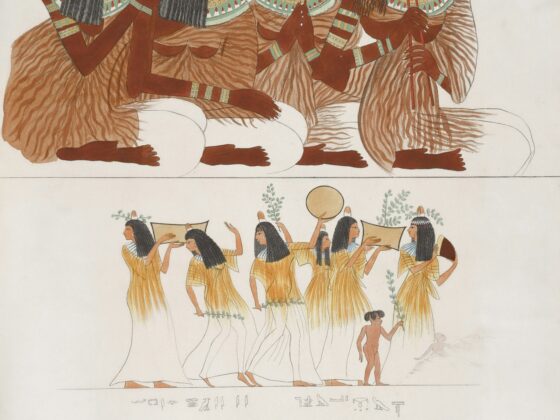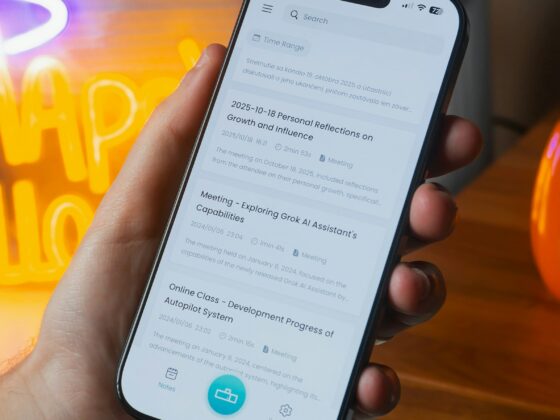OpenAI’s new platform shift brings travel, hospitality, and commerce directly into the chat interface
Oct 13, 2025
OpenAI is transforming ChatGPT from a standalone chatbot into a full AI operating system. Head of ChatGPT Nick Turley outlined how this evolution will let users plan trips, book hotels, and manage travel services through native integrations with partners like Expedia, Uber, and DoorDash — all within a single conversational interface.
Key takeaways
- Command-line era vision: Turley likened ChatGPT’s current interface to an early command-line tool — the next step is a richer, app-based experience where travel and commerce apps live inside chat.
- Apps as core experience: Travel services will be integrated as native applications, not plug-ins, allowing seamless booking or itinerary management without leaving ChatGPT.
- Browser as inspiration: Turley compared ChatGPT’s evolution to web browsers becoming operating systems for the internet — suggesting travel discovery could shift from web search to chat.
- Curated data access and privacy: OpenAI will limit how much user data apps can access, introducing “partitioned memory” so travel apps can use contextual data (like upcoming trips) responsibly.
- App prioritization and fairness: Turley acknowledged challenges in balancing competing services — such as multiple hotel or ride apps — to ensure neutrality and user trust.
- Developer access to users: The new ecosystem opens direct access to ChatGPT’s 800 million weekly users, offering travel brands a new, high-intent distribution channel.
- Realistic ambition: Turley said OpenAI won’t replicate every vertical itself — partnerships with travel and service providers are central to the strategy.
- Mission alignment: ChatGPT’s expansion supports OpenAI’s broader goal of bringing AGI to the public in practical, everyday use — from booking a room to planning a journey.
Get the full story at TechCrunch






